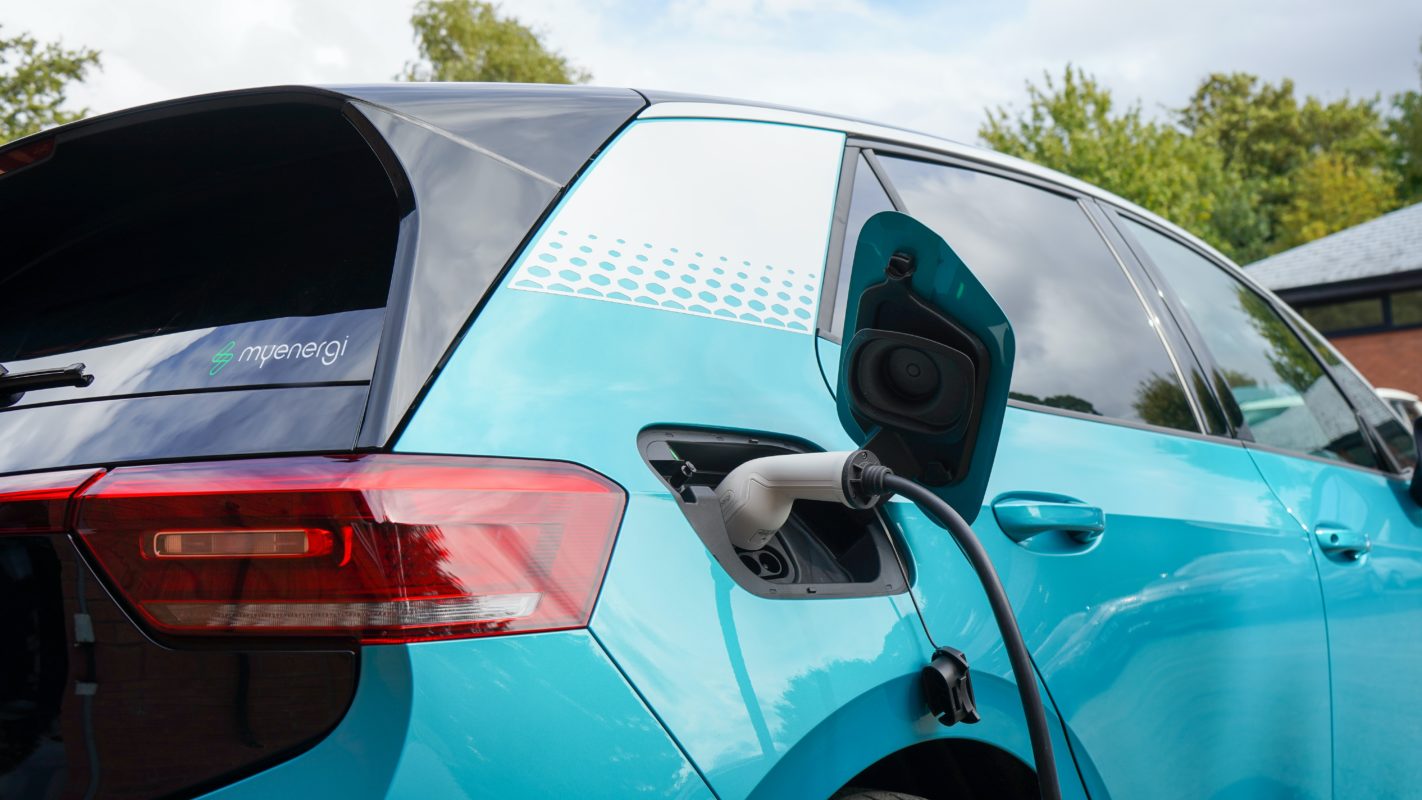
- Category:
- News
Electric Vehicle Q&A with Net Zero Leicestershire
Cenex recently supported Leicestershire County Council’s Net Zero Leicestershire by providing independent information on electric vehicles.
Jacob Robert, Senior Policy & Strategy Consultant, took part in a Q&A on their Instagram account for Transport week as part of the Green in 2023 campaign. You can see some of the responses below.
The council also shared useful resources for businesses and organisations to make informed decisions about the transition to low emission vehicles.
How will EVs solve congestion?
Replacing ICE vehicles with an electric alternative won’t help reduce congestion. That’s why it’s important when you’re looking at buying an electric vehicle to ask if you need the car in the first place. In a lot of cases, people can reduce the amount of congestion by taking some of their car mileage and using public transport (which is increasingly electric) or using active travel.
Personal electric transport options such as e-bikes and e-scooters are all really good ways of displacing mileage from cars to reduce congestion. These can be part of a shared scheme or privately owned, and can be used over farther distances than their non-electric counterparts.
If you need a car, an electric vehicle is a step in the right direction from an environmental point of view, but they’re not going to solve congestion.
Read more: Is Micromobility the Solution to Motor Traffic?
Are electric vehicles safe?
There are two perspectives to this question, one from inside the vehicle and one from outside.
Firstly, electric vehicles are quiet at low speeds. There was a point where electric vehicles were virtually silent and that had all sorts of safety connotations, because if you’re trying to cross the road and you can’t hear the vehicle coming down the street, particularly if you don’t have good hearing or you’re on a busy road.
There are now regulations that electric vehicles need to emit an artificial sound when at low speeds so that everyone knows that they’re coming so they’re now far safer than they used to be.
From the other point of view, inside the car, just like every other modern vehicle they all come with state-of-the-art safety systems such as Automatic Emergency Braking (AEB), better crash testing, and lane assistance, so they’re just as safe as ICE vehicles.
Read more: Electric vehicles – the safe choice
How environmentally friendly are EVs?
You might have read an article that says that EV’s are worse for the environment than a petrol or a diesel vehicle. And I can tell you, that’s categorically not true.
Those articles might say that there are emissions released from creating the battery and that is correct, but the whole life emissions are far less as there are zero emissions at the tailpipe – even when using grid electricity – rather than burning fossil fuels.
The other thing you might have read is that electric vehicles release particulates, through brake wear and tyre wear, which is also correct, but so does every other vehicle.
So when you take the whole life of the electric vehicle into account they are better for the environment than a petrol or diesel vehicle.
Read more: Myth busting battery electric vehicle lifecycle emissions
How do you choose the right EV?
When buying an EV, there are really two important things that you need to consider.
One is the size of the battery, or the range of the vehicle, and the other is how quickly it can be charged with the range of the vehicle you want.
If you have family that lives 150 miles away and you visit them once every two months, you want to purchase a vehicle that’s capable of doing that journey, or potentially going there and back again without having to recharge on the way.
If you’re doing longer journeys, it can often be helpful to have a vehicle with a very high maximum charge speed, because this means you can then stop at service stations and not have to wait half an hour or an hour or two hours for the vehicle to recharge.
Equally, if you’re doing most of your charging at home, you might not need that, and this is where the really important thing is be honest with yourself. Don’t buy a vehicle that goes beyond your needs because you will spend a lot more money than necessary.